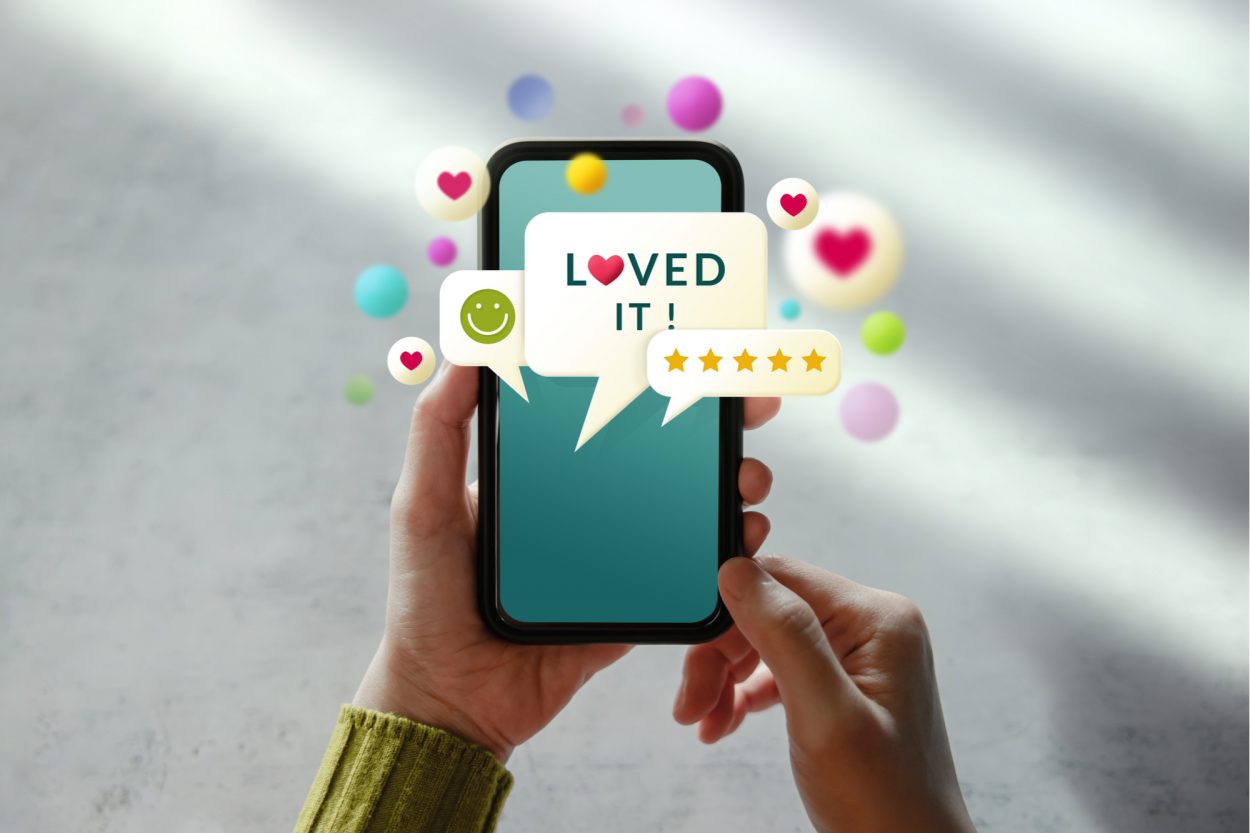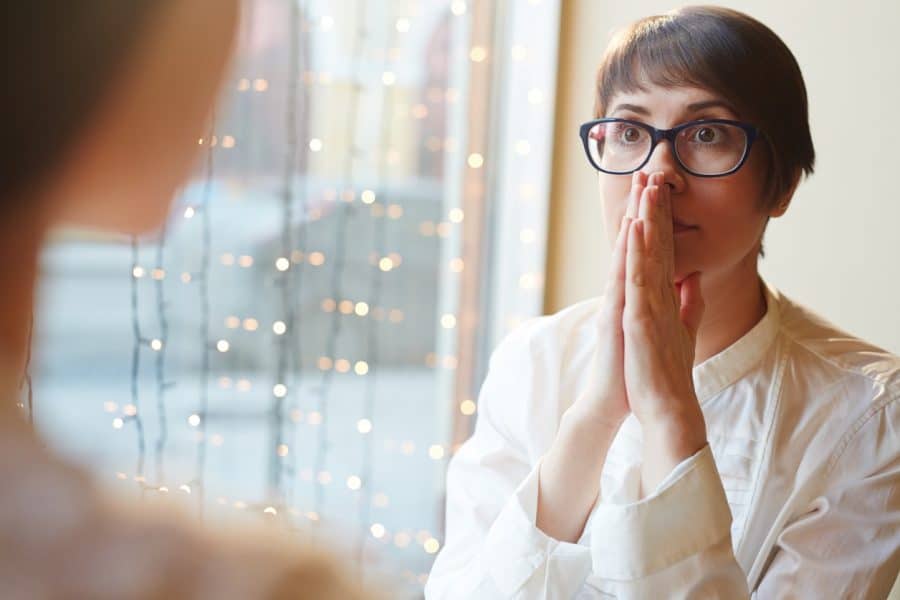If ever there was a modern cultural phenomenon that divides opinion, social media is perhaps the most widespread…
We’re not going to mention specific social media platforms when looking at insecurities and vanity (you know the main players, for sure!), and some readers will have undoubtedly experienced the ugly side of social media for themselves.
Social media is huge. Whilst different people use it for different purposes, there is no doubt that it can have both positive and harmful effects on its users. But how good is it for us? And can it really fuel our insecurities and make us more vain?
The answer to the first question is: it depends on how you use it. To the second question: depending on the user, yes it can.
So, how can social media be good for us, and how can it be harmful?
Positivity on social media can be observed when users share encouraging photos, stories and messages. It’s useful when connecting with friends and family abroad (as well as largely being free). Social media is also a useful tool for businesses; promotions, job openings and the latest news can appeal to various patrons, and some businesses would struggle without social media. Some people really do post quips and jokes purely to kill time – it’s a quick boredom killer and can’t really be frowned upon. If used well, social media is a “thumbs-up”. All good so far.
But there is an elephant in the virtual room that can sometimes rear its ugly head and reverse the positivity associated with constructive, accurate posts. Real life insecurities can be magnified enormously through social media, with users boosting their confidence and diminishing anxieties. Though not everyone does this, some users look for short-term confidence remedies by posting “selfies”, which can be enhanced to make the individual appear more healthy and self-assured than they are. Users can sit by their phone or laptop waiting with sweaty palms and baited breath, eager to read the no doubt authentic responses to their photos. Whatever happened to genuine social lives, eh?
Simply knowing that hundreds of “friends” and followers are looking at personal photos is enough to amplify a narcissistic nature. Touching up a photo with image-enhancing tools is common, but it doesn’t give a realistic representation. Individuals who use these tools won’t care, because receiving positive comments is their only goal. Users wish to appear attractive, whether it’s an illusion or not. And that is vanity.
Another question to ponder is: how much of social media is real? Humans are naturally curious or suspicious, and it’s an indisputable fact that not everything on social media is 100% real. Image manipulation can be useful for completed projects (e.g. posting a garden patio by a professional landscaper), but when it comes to an individual’s photo, this just seems fake, hollow and conceited in equal measure.
There is an acronym that exemplifies some insecurities, and that’s FOMO – Fear of Missing Out. In this case, some people need to be constantly “in the loop”, and are actively dejected when a social event or a bit of gossip passes them by. What a shame! Why not stick to WhatsApp, knowing that whoever is on the group are real people that you’ll know?
Social media can be – and is – good for most of us…in small or average doses. Spending too much time following people on social media is a safe bet to forming fake relationships and losing track of real life.
If you think your life is negatively affected by social media use, do something about it! Talk to “real” friends and focus more on healthy activities and pastimes. Try distancing yourself from all forms of social media, and limit your time to a few minutes per day. For a few hours, simply turn off your phone! Over time, you’ll be a better person for it.






